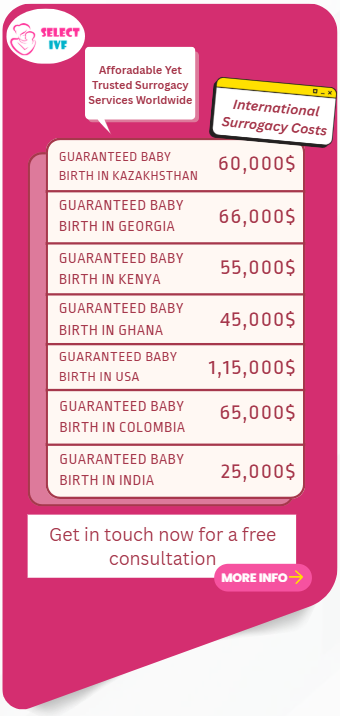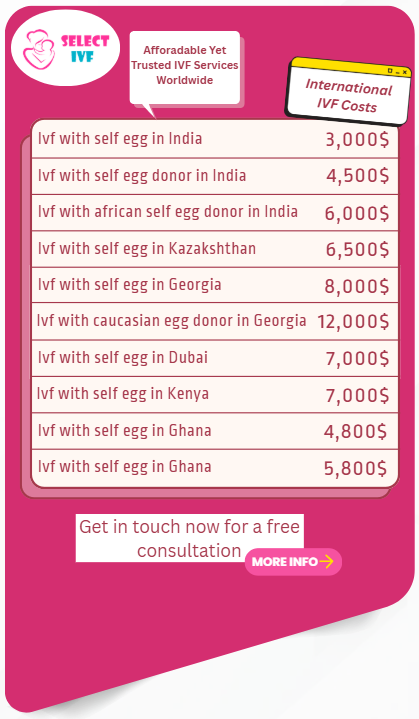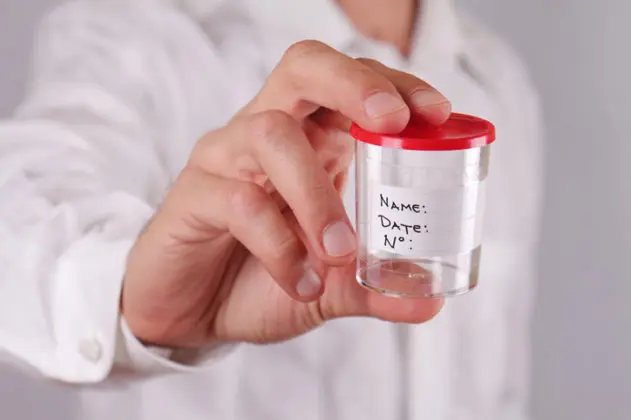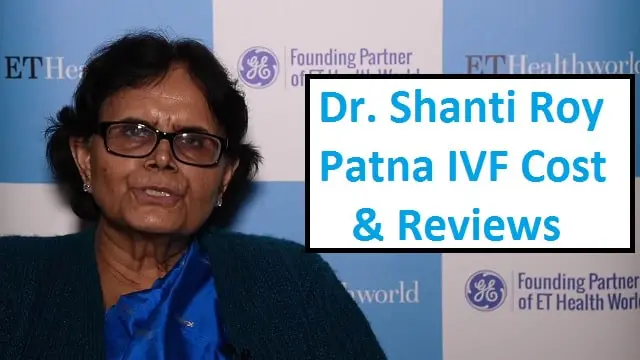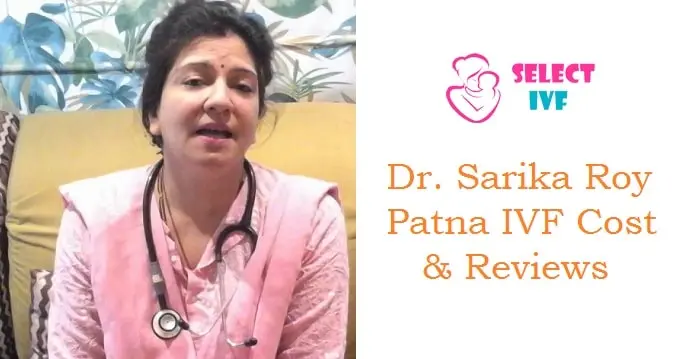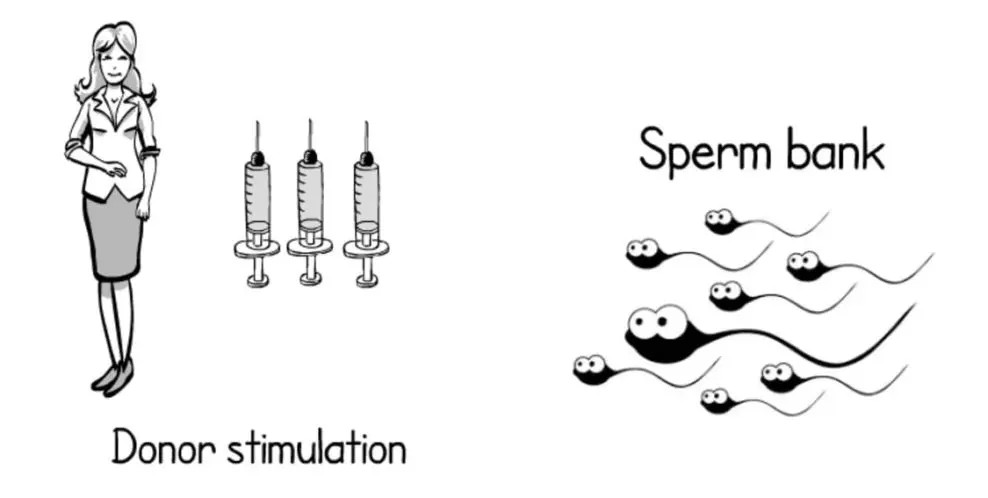Welcome to Select IVF, where we address male infertility challenges like Azoospermia with expertise and compassion. Understanding the concerns surrounding Azoospermia, our clinic in Mumbai offers transparent and affordable solutions.
The Azoospermia cost in Mumbai at Select IVF is designed to cater to various aspects, including diagnostic procedures, potential treatments, and personalized care. Our commitment to patient education ensures that every step and cost breakdown is clearly explained, empowering individuals or couples on their fertility journey.
Trust Select IVF for comprehensive Azoospermia solutions, where transparency, advanced technology, and a patient-centric approach converge for optimal outcomes.
Understanding Azoospermia Cost in Mumbai
Azoospermia is a male fertility condition characterized by the absence of sperm in ejaculate. Understanding this condition is crucial for those seeking fertility solutions and family planning.
Explanation of Azoospermia and its Types
Azoospermia is a medical condition characterized by the absence of sperm in the ejaculate. This can be classified into two main types: obstructive and non-obstructive. Obstructive azoospermia occurs when there is a physical blockage preventing sperm from reaching the semen, while non-obstructive azoospermia is marked by a lack of sperm production. Understanding these distinctions is crucial for tailoring effective treatment plans, as the causes and interventions differ significantly.
Causes and Risk Factors
Several factors contribute to the development of azoospermia, ranging from genetic conditions and hormonal imbalances to infections and prior surgeries. Lifestyle decisions like smoking and binge drinking can also have an impact. Accurate diagnosis of Azoospermia requires identification of these causes as well as evaluation of each patient’s unique risk factors. A comprehensive understanding of these aspects aids both medical professionals and patients in making informed decisions about treatment options and lifestyle modifications.
Importance of Seeking Medical Consultation
The significance of seeking timely medical consultation when azoospermia is suspected cannot be overstated. In order to investigate therapy options and address any underlying problems, early diagnosis is essential. Experts in fertility can carry out comprehensive assessments, comprising physical examinations and diagnostic testing, to identify the particular kind and origin of azoospermia. This proactive approach not only improves the chances of successful treatment but also allows individuals to make informed decisions about family planning and fertility preservation options.

Treatment Options for Azoospermia
Medical Interventions
Medical interventions for azoospermia encompass a range of approaches aimed at addressing underlying causes and promoting sperm production. Medications created especially to increase sperm production or correct hormone imbalances that may be a factor in azoospermia are one frequent approach. Hormonal treatment is also used to maximize reproductive function and control the endocrine system. These medical interventions are tailored to the individual’s diagnosis and can play a pivotal role in enhancing fertility.
- Medications for Azoospermia: Pharmacological interventions often include medications such as Clomiphene citrate or human chorionic gonadotropin (HCG) to stimulate sperm production. These medications work by influencing hormonal pathways, fostering an environment conducive to sperm development.
- Hormonal Therapy: Hormonal imbalances can significantly impact sperm production. Hormonal therapy aims to correct these imbalances through the administration of hormones like testosterone or follicle-stimulating hormone (FSH). This helps regulate the reproductive system and improve sperm production.
Surgical Procedures
When medical interventions prove insufficient, surgical procedures become a viable option for treating azoospermia. These interventions are geared towards either removing obstacles that impede the release of sperm or directly retrieving sperm for assisted reproductive technologies.
- Micro-TESE Surgery: Microdissection Testicular Sperm Extraction (Micro-TESE) is a specialized surgical procedure. It involves the meticulous removal of testicular tissue to identify areas with active sperm production. This targeted approach enhances the chances of retrieving viable sperm for use in assisted reproductive techniques like in vitro fertilization (IVF).
- Sperm Retrieval Techniques: In cases where obstruction prevents sperm from reaching the semen, various surgical techniques can be employed to retrieve sperm directly from the reproductive tract. These techniques include Percutaneous Epididymal Sperm Aspiration (PESA) or Testicular Sperm Aspiration (TESA). These retrieved sperm can then be used for procedures such as intracytoplasmic sperm injection (ICSI) during IVF. Each of these surgical interventions is tailored to the specific needs of the individual, offering personalized solutions for azoospermia.
Cost Factors in Azoospermia Treatment
Cost factors in Azoospermia treatment include diagnostic tests, medications, surgical procedures, and post-treatment care. Understanding these factors is crucial for informed decision-making in pursuing fertility solutions.
Breakdown of Medical Expenses
Understanding the financial aspects of azoospermia treatment involves a detailed breakdown of medical expenses. The first cost factor is diagnostic testing, which includes a number of assessments to determine the kind and origin of azoospermia. Consequently, drugs that are recommended to enhance sperm production or control hormones add to the total expense. Surgical procedures, whether involving sperm retrieval or corrective interventions, constitute a substantial portion of medical expenses, requiring a comprehensive assessment of costs associated with each phase of the treatment process.
- Diagnostic Tests: The cost of diagnostic tests is a crucial component, covering a range of examinations such as semen analysis, hormonal assays, and genetic testing. These tests are essential for accurately diagnosing the type and cause of azoospermia.
- Medications: The financial outlay for medications is a significant consideration. Depending on the prescribed course, medications may include those stimulating sperm production or regulating hormonal imbalances. Understanding the costs associated with these pharmaceutical interventions is vital for financial planning.
- Surgical Procedures: Surgical interventions, whether medical or corrective, contribute substantially to the overall expense. The cost breakdown involves considerations for the procedure itself, anesthesia, hospital facilities, and post-operative care.
Factors Influencing Azoospermia Treatment Costs
Several factors influence the overall cost of azoospermia treatment, reflecting the individualized nature of fertility care.
- Severity of Azoospermia: The extent and severity of azoospermia play a pivotal role in determining treatment costs. More severe cases may necessitate complex and intensive interventions, impacting both medical and surgical expenses.
- Choice of Treatment Method: The selected treatment method significantly influences costs. Different medical and surgical approaches vary in complexity and resource requirements. Understanding the financial implications of chosen interventions aids individuals in making informed decisions aligned with their preferences and financial capacities.
- Clinic Reputation: The reputation of the fertility clinic chosen for treatment is a key determinant of costs. Clinics with higher success rates and renowned specialists may charge premium fees. Assessing the reputation and success rates of clinics helps individuals strike a balance between quality care and financial considerations, ensuring an informed decision-making process.
Frequently Asked Questions (FAQs)
What is the success rate of Azoospermia treatment in Mumbai?
The success rate of Azoospermia treatment in Mumbai varies depending on factors such as the type and severity of Azoospermia, chosen treatment methods, and individual health conditions. Fertility clinics often provide statistics on success rates, but it’s crucial to discuss personalized expectations and outcomes with the treating specialist.
How long does the treatment process usually take?
The duration of the Azoospermia treatment process varies for each individual. Factors such as the type of Azoospermia, chosen treatment options, and individual response to interventions influence the timeline. Typically, treatments may span several months, involving diagnostic phases, medical interventions, and post-treatment follow-ups.
Are there any alternative therapies for Azoospermia?
While conventional medical and surgical interventions are primary approaches for Azoospermia, some individuals explore complementary therapies. These might include lifestyle changes, acupuncture, and certain dietary adjustments. However, it’s essential to consult with a fertility specialist before incorporating alternative therapies to ensure they align with the overall treatment plan.
How to cope with the emotional aspects of Azoospermia treatment?
Coping with the emotional aspects of Azoospermia treatment is a unique journey for each individual and their partner. Open communication, seeking counseling or support groups, and maintaining a strong support system are essential. Fertility clinics often offer counseling services to help navigate the emotional challenges associated with infertility.
Are there support groups for individuals undergoing Azoospermia treatment?
Yes, there are support groups and online communities specifically designed for individuals undergoing Azoospermia treatment. Joining these groups provides an opportunity to share experiences, gain insights, and receive emotional support from others facing similar challenges. Fertility clinics may also offer support services or connect patients with relevant resources.
Read Also:

